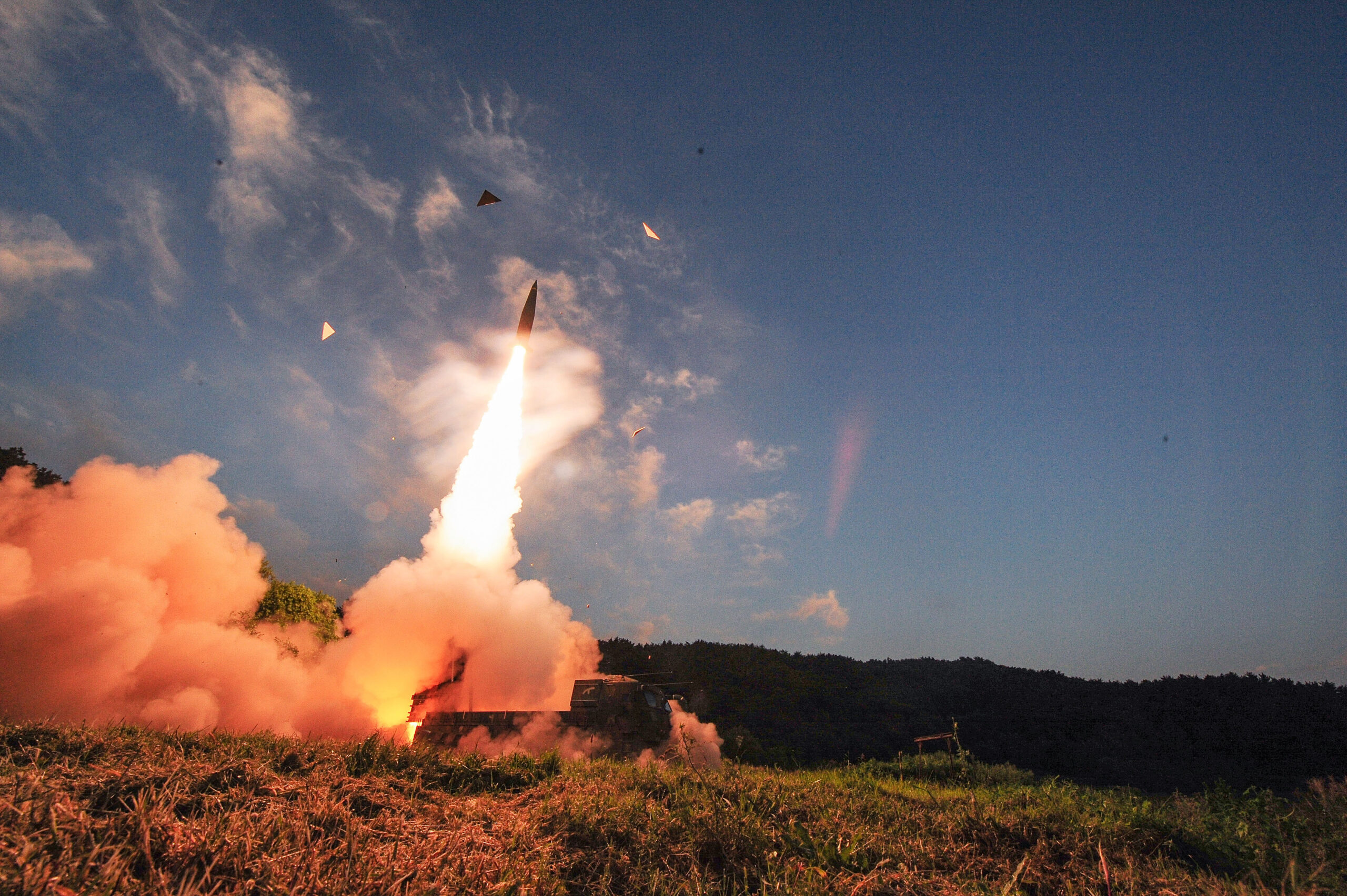
By Deutsche Welle
Jul 24, 2023, 23:44 PM EDT
North Korea launched two short-range ballistic missiles (SRBM) into the Sea of Japan (called the East Sea in both Koreas) on Monday, the Joint Chiefs of Staff (JCS) said in a statement.
“The Republic of Korea (official name of the South) army detected two short-range ballistic missiles launched by North Korea from the Pyongyang area into the East Sea at around 23:55 on Monday, July 24 and 00:00 on Tuesday, July 25 (14:55-15:00 GMT on Monday),” added the JCS, which initially reported the launch of a single projectile.
Japanese authorities quoted by the Kyodo agency indicated that the missiles may have fallen in waters outside the Japanese Special Economic Zone (ZEE).
This is the seventeenth missile launch carried out by the North Korean regime so far this year and the fourth in less than a month, since since last the 19th it has tested two short-range ballistic missiles and several cruise missiles and on the 12th it fired a Hwasong-18 test, its most sophisticated intercontinental ballistic missile (ICBM).
The launches this past week came after a US nuclear-capable submarine visited South Korea, something that hadn’t happened since 1981.
Possible joint exercises
Just today another US atomic-powered submarine arrived at Jeju Island and there is a possibility that it will carry out joint exercises with the South Korean navy.
Pyongyang has protested this deployment of strategic assets to the south of the peninsula and also the holding, on the 19th, of the inaugural meeting in Seoul of the Nuclear Consultation Group (NCG), a bilateral forum to coordinate US responses to possible attacks from North Korea, including the nuclear option.
The arrival of these assets in the South, as well as the establishment of the NCG, respond to the declaration signed in April between the US and South Korea, by which Washington commits to reinforce the so-called “extended deterrence”, the mechanism through which it protects its ally and seeks to discourage Pyongyang from continuing with its growing development of weapons of mass destruction.
After the failure of the 2019 denuclearization negotiations, tensions have risen again on the Korean peninsula, with Pyongyang rejecting any offer of dialogue and carrying out a record number of missile tests, while Seoul and Washington have resumed their grand joint exercises and have regularly deployed US strategic assets in the region.
